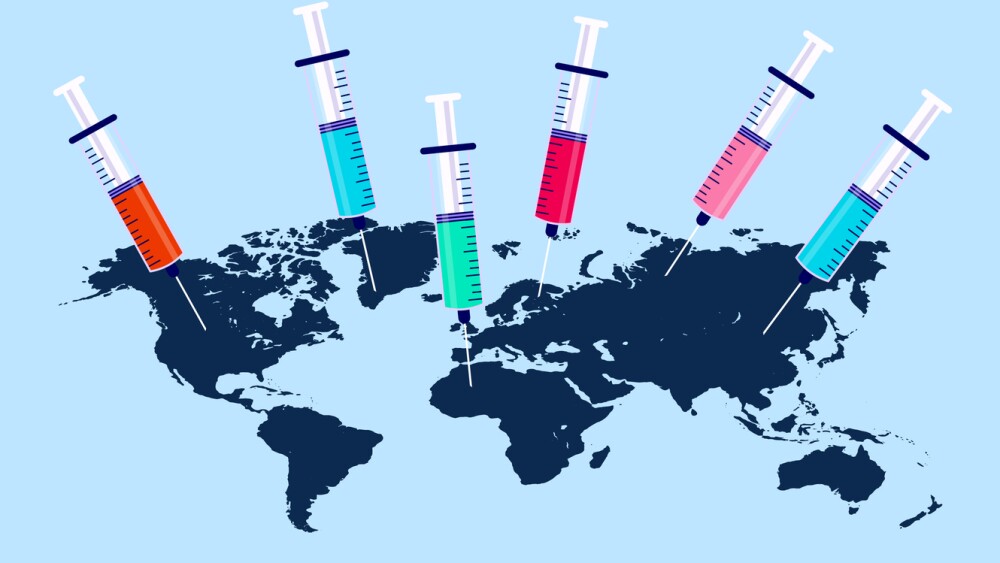BUFFALO, NY--(Marketwire - November 30, 2010) - Cleveland BioLabs, Inc. (NASDAQ: CBLI) today announced that CBLB502, a drug under development to treat exposure to radiation, has been granted Orphan Drug status by the U.S. Food and Drug Administration (FDA) for prevention of death following a potentially lethal dose of total body irradiation during or after a radiation disaster.
The Orphan Drug Designation program provides orphan status to drugs and biologics which are defined as those intended for the safe and effective treatment, diagnosis, or prevention of rare diseases/disorders that affect fewer than 200,000 people in the U.S., or that affect more than 200,000 people but are not expected to recover the costs of developing and marketing the treatment.
Orphan Drug status qualifies CBLB502 for an accelerated review process, tax credits, financial assistance for development costs, and seven years of marketing exclusivity upon approval by the FDA for this indication. The designation also allows for a possible exemption from the FDA-user fee and assistance in clinical trial protocol design.
"We are very excited that CBLB502 has been assigned Orphan Drug status for its lead indication and look forward to working closely with the FDA as we complete development," said Michael Fonstein, Ph.D., President and Chief Executive Officer of Cleveland BioLabs.
In July 2010, CBLB502 was granted fast track status from the FDA for reducing the risk of death following total body irradiation during or after radiation disaster. There is currently no FDA approved medical countermeasure for this indication.
About CBLB502
CBLB502 is a bio-engineered derivative of a microbial protein that potentially reduces injury from acute stresses, such as radiation and chemotherapy, by mobilizing several natural cell protective mechanisms, including inhibition of programmed cell death (apoptosis), reduction of oxidative damage, and induction of regeneration-promoting cytokines.
CBLB502 is being developed by Cleveland BioLabs under the FDA's Animal Efficacy Rule. This approval pathway requires demonstration of efficacy in representative animal models and safety, pharmacokinetic, pharmacodynamic, and biomarker testing in healthy human subjects.
Evidence of CBLB502's mechanism of action and activity in animal models was published in Science Magazine in April 2008 (Science, 2008, vol. 320, pp. 226-230). Data from 50 healthy human subjects in an initial Phase I safety and tolerability study indicated that CBLB502 was generally well tolerated and that normalized biomarker results corresponded to previously demonstrated activity in animal models of lethal total body irradiation. Top line data from a second safety and tolerability study in 100 healthy subjects demonstrated that administration of CBLB502 resulted in a rapid and potent cytokine response, similar to that seen in the prior clinical trial and in previously conducted non-human primate studies, and that CBLB502 was generally well tolerated.
About Cleveland BioLabs, Inc.
Cleveland BioLabs, Inc. is a drug discovery and development company leveraging its proprietary discoveries around programmed cell death to develop treatments for cancer and protection of normal tissues from exposure to radiation and other stresses. The Company has strategic partnerships with the Cleveland Clinic, Roswell Park Cancer Institute, ChemBridge Corporation and the Armed Forces Radiobiology Research Institute. To learn more about Cleveland BioLabs, Inc., please visit the company's website at http://www.cbiolabs.com.
This press release contains forward-looking statements within the meaning of the Private Securities Litigation Reform Act of 1995. Forward-looking statements reflect management's current expectations, as of the date of this press release, and involve certain risks and uncertainties. The Company's actual results could differ materially from those anticipated in these forward-looking statements as a result of various factors. Some of the factors that could cause future results to materially differ from the recent results or those projected in forward-looking statements include the "Risk Factors" described in the Company's periodic filings with the Securities and Exchange Commission.
Contact:
Rachel Levine
Director Corporate Development & Communications
Cleveland BioLabs, Inc.
T: (646) 284-9439
E: rlevine@cbiolabs.com




